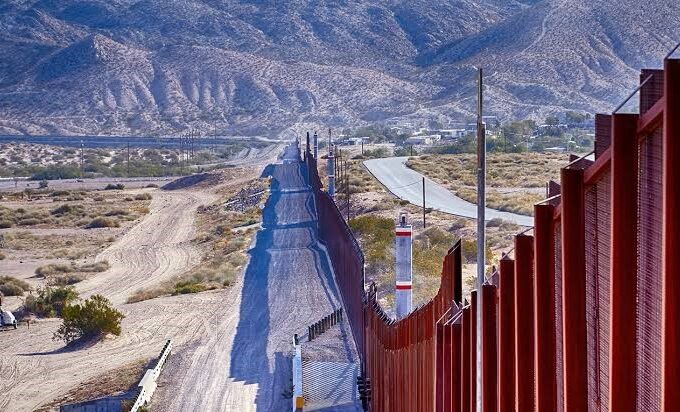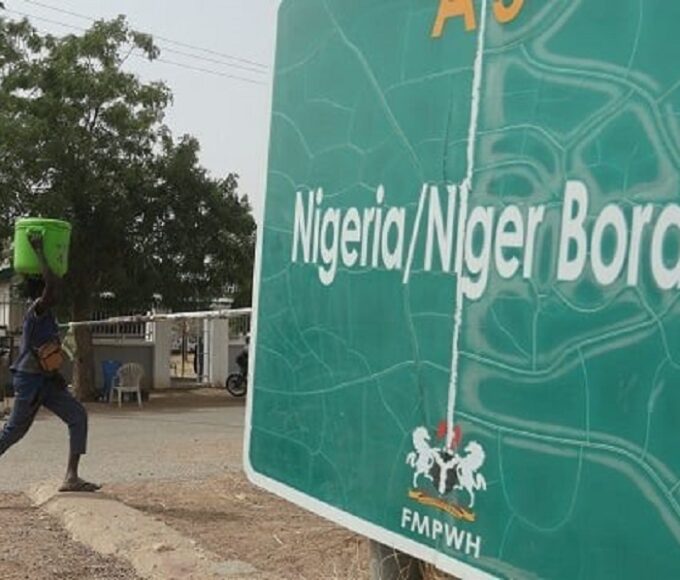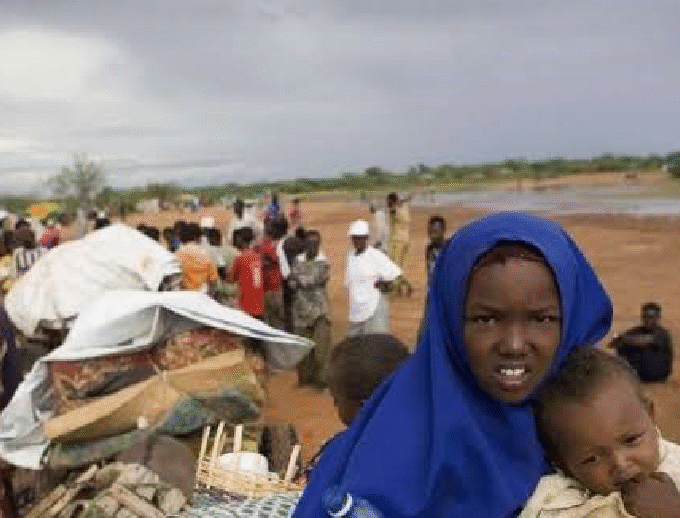The ECOWAS Border Strategy: Lessons for Continental Border Governance
This article unpacks the core components of the ECOWAS Border Strategy and offers insights into how these lessons can inform a continental approach under the African Union’s broader security framework.

As African regional blocs seek to address the security challenges posed by porous frontiers, the Economic Community of West African States (ECOWAS) has emerged as a leader in innovative, multi-state border governance. From joint patrols to harmonised customs procedures and integrated border management systems, ECOWAS is piloting solutions that go beyond traditional, siloed security postures.
This article unpacks the core components of the ECOWAS Border Strategy and offers insights into how these lessons can inform a continental approach under the African Union’s broader security framework.
Why ECOWAS Matters in Border Security
West Africa’s borders span thousands of kilometres across 15 countries, with vast ungoverned spaces vulnerable to:
- Jihadist incursions (e.g., Liptako-Gourma zone)
- Illicit trafficking of arms, narcotics, and humans
- Resource conflict spillovers (e.g., Lake Chad Basin)
- Displacement flows caused by climate shocks and insurgency
A 2023 ECOWAS Border Security Review reported that 80% of armed attacks in the region occurred within 100km of a border.
Core Elements of the ECOWAS Strategy
- Integrated Border Governance (IBG): Promotes collaboration across security, immigration, customs, and health sectors.
- Multinational Joint Task Forces (MNJTFs): E.g., Nigeria-Niger-Benin joint patrols to counter trafficking and terror transit.
- One-Stop Border Posts (OSBPs): Shared infrastructure where two countries coordinate border checks to facilitate trade and control.
- Community Border Policing: Empowers local leaders and civil society in security monitoring and conflict prevention.
- Legal and Policy Harmonisation: Standardises migration, security, and health protocols for interoperability.
Flagship Initiatives
- ECOWAS Cross-Border Cooperation Programme (CBCP): Launched in 2006, it supports 25+ pilot zones of cross-border collaboration, with funding from the EU and GIZ.
- West African Police Information System (WAPIS): A regional biometric database and criminal intelligence-sharing platform hosted in Abuja.
- ECOWAS Standby Force Border Operations (2021–2023): Deployed in Burkina Faso and northern Nigeria to counter terrorist infiltration.
Lessons for Continental Border Governance
- Border security is a development issue: ECOWAS focuses not only on hard security but also on livelihoods, infrastructure, and conflict resolution.
- Local ownership is key: Community-based approaches reduce mistrust and increase early-warning effectiveness.
- Standardisation drives efficiency: Harmonised rules reduce delays and close legal loopholes exploited by transnational crime.
- Multilateralism is cost-effective: Joint patrols and shared infrastructure reduce duplication and build trust.
Challenges Faced
Despite progress, the ECOWAS strategy contends with:
- Funding shortfalls and donor dependency
- Political instability disrupting regional coherence (e.g., coups in Mali, Burkina Faso, Niger)
- Inconsistent data systems and language barriers
- Varying commitment levels among member states
Conclusion: Toward a Pan-African Border Doctrine
The ECOWAS Border Strategy offers a tested model for regional integration in border governance—one that balances sovereignty with shared responsibility. As Africa’s threats increasingly defy national borders, the AU and other RECs can draw valuable lessons from ECOWAS in crafting a unified continental border strategy under the African Peace and Security Architecture (APSA).
Border Governance Snapshot (2023–2024):
- Number of ECOWAS states with IBG structures: 12/15
- Cross-border cooperation zones under CBCP: 25+
- % of West African terrorist incidents near borders: 80%
- ECOWAS-led One-Stop Border Posts completed: 10+
Recent Posts
Categories
- Air & Aerospace17
- Border Security15
- Civil Security6
- Civil Wars4
- Crisis5
- Cyber Security8
- Defense24
- Diplomacy19
- Entrepreneurship1
- Events5
- Global Security Watch6
- Industry8
- Land & Army9
- Leadership & Training5
- Military Aviation7
- Military History27
- Military Speeches1
- More1
- Naval & Maritime9
- Policies1
- Resources2
- Security12
- Special Forces2
- Systems And Technology9
- Tech6
- Uncategorized6
- UNSC1
- Veterans7
- Women in Defence9
Related Articles
THE CASE FOR CONTINENTAL BORDER SECURITY STANDARDS
Africa’s borders remain both an opportunity and a liability. They enable trade,...
ByKing Richard Igimoh, Group Editor ALODecember 27, 2025BORDER SECURITY – LESSONS FROM ECOWAS BORDER MANAGEMENT STRATEGIES
Since its founding in 1975, the Economic Community of West African States...
ByKing Richard Igimoh, Group Editor ALONovember 21, 2025COMMUNITY INTELLIGENCE AT BORDERS: SUCCESSES AND FAILURES
Border security increasingly relies on community intelligence the collection and use of...
ByKing Richard Igimoh, Group Editor ALOOctober 6, 2025REFUGEE MOVEMENTS AND BORDER FORCE DILEMMAS
In today’s world of conflict, climate change, and widening economic divides, refugee...
ByKing Richard Igimoh, Group Editor ALOSeptember 24, 2025













